Rishi Sunak’s remarks about curbing illegal Channel immigration are certainly bullish, but whether he translates words into action will make or break his political career. How many other busted PMs have over-promised on this issue?
Sunak told the travelling press corps on a flight to Indonesia, where the G20 summit is being held, that tackling the Channel small boats crisis is his ‘absolute priority’. Other than the Autumn statement, Sunak added, nothing has occupied him more in recent weeks than what he described as ‘illegal migration’ between France and Britain.
Admitting that there are no short-term solutions, the PM nonetheless struck a positive note speaking to journalists. ‘There’s a range of things I’m working on, including the French deal, where I’m confident we can bring the numbers down over time and that’s what I am going to deliver.’
The deal with France, signed this morning by Home Secretary Suella Braverman, encompasses a raft of measures and will entail an increase in financial aid to France to patrol their coastline, rising from £54.8 million for 2021/22 to £63 million in 2022/23.
This money will result in a 40 per cent increase in the number of officers patrolling beaches in northern France, as well as investment in port security infrastructure to detect illegal entry in vehicles, including more CCTV, drones and night-vision technology.
There is also a commitment to establish a taskforce to target specifically the sophisticated Albanian people smugglers, and also a promise to build reception and removal centres in France for those migrants who are thwarted in their attempt to reach Britain.
Those with the longest memories will be the most cynical. Seven years ago, a similar agreement between Britain and France was announced to much fanfare. On that occasion, the then home secretary Theresa May signed a six-page declaration with her French counterpart, Bernard Cazeneuve to stem illegal Channel crossings.
One of the measures unveiled in 2015 was a ‘control and command centre’ that May said would ‘relentlessly pursue and disrupt the callous criminal gangs that facilitate and profit from the smuggling of vulnerable people, often with total disregard for their lives’. This would be achieved by installing 500 extra police from France and Britain in Calais, as well as increasing by several millions the money given by Britain to France.
In mitigation, May signed the deal just days before the then German chancellor, Angela Merkel, threw open Europe’s borders with a cry of ‘We can do this’. Upwards of one million refugees and economic migrants surged into Europe in the following months and the continent has proved itself unable to live up to Merkel’s imprudent declaration.
There will likely be a short-term decrease in the number of people entering Britain illegally, allowing the government to claim they have got a grip on the crisis. But the crossings will recommence early next year when the weather improves and, more to the point, when the criminal gangs open up new routes.
One consequence of the 2015 agreement was an upturn in reports of the number of people being smuggled into East Anglia from Holland. Expect to see something similar in the coming months; as I wrote last week, the well-organised Albanian mafia is organising much of the human trafficking into Britain. These gangs have the means and the motivation to move their operations to other northern European coastlines that are less well policed.
Ultimately, accords signed between France and Britain are meaningless unless the EU adopts a coherent policy to tackle the massive illegal immigration across the Mediterranean. So far this year, 90,000 people have crossed from North Africa into Europe, the vast majority landing on Italian soil. It was agreed that 8,000 of that number would be dispersed among EU member states, but only a handful have been relocated, fuelling the feeling in Italy that they have been abandoned by their European partners.
Last week, Italy allowed three NGO vessels carrying hundreds of African migrants to dock in its ports but refused entry to a fourth boat. An angry French government reluctantly allowed the boat to dock in Toulon but as a punishment they have reneged on its promise to accept 3,000 migrants from various Italian reception centres. This, explained government spokesman Olivier Véran on Sunday, is because Italy has not shown ‘European solidarity’.
Marine Le Pen is firmly on the side of the Italians. In a newspaper interview on Sunday, the National Rally MP said that were she president she would have returned the vessel to its port of origin because ‘the European Eldorado does not exist’. Her point, and that of others on the right, is that the continent is experiencing its own economic crisis and must look after its poor and vulnerable first.
A similar point was made in Le Figaro on Friday, which said that Europe should adopt the same approach as Australia in intercepting all migrant boats and escorting them whence they came. When Australia introduced this policy it caused an outcry, but it has worked, deterring the people smugglers from plying their wicked trade.
The Le Figaro article cited a study by Afro-Barometer, a non-partisan research network on African affairs that stated that one in three Africans envisaged migrating. The majority will see Europe as the most attractive destination.
That is why the agreement between France and Britain is largely irrelevant. The problem is not in the Channel; it is in the Mediterranean, and above all is in Brussels, where a craven European parliament continues to turn its face from the true scale of the migrant crisis.
The post Only the EU can solve the Channel migrants crisis appeared first on The Spectator.
Got something to add? Join the discussion and comment below.
Get 10 issues for just $10
Subscribe to The Spectator Australia today for the next 10 magazine issues, plus full online access, for just $10.


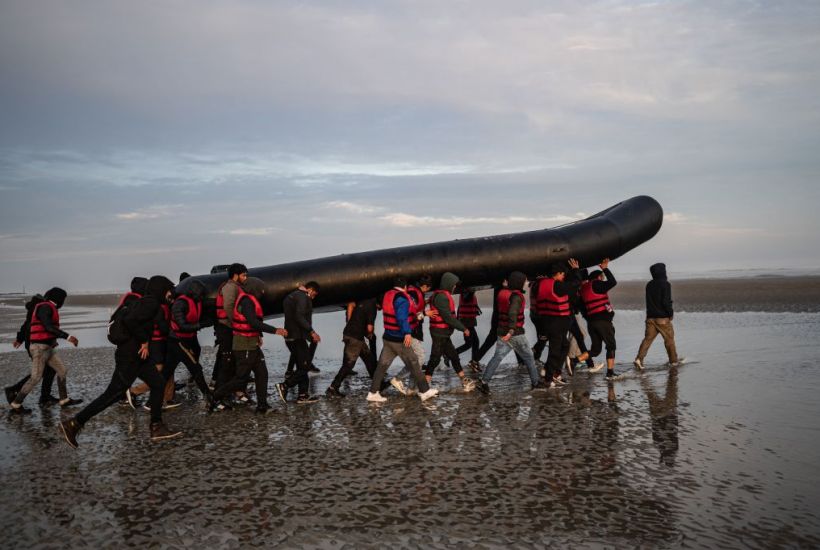
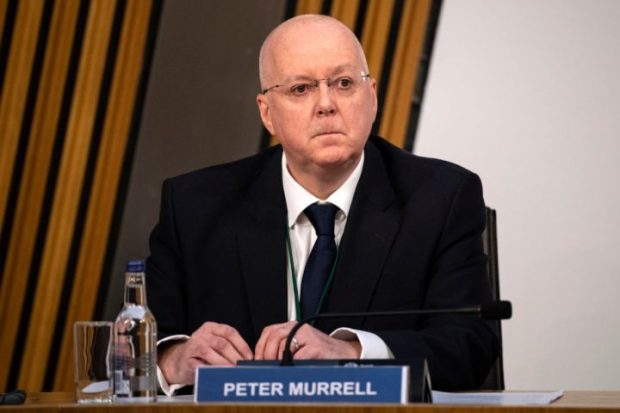
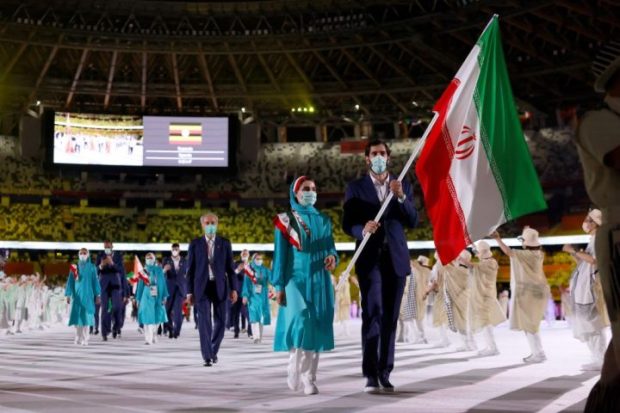
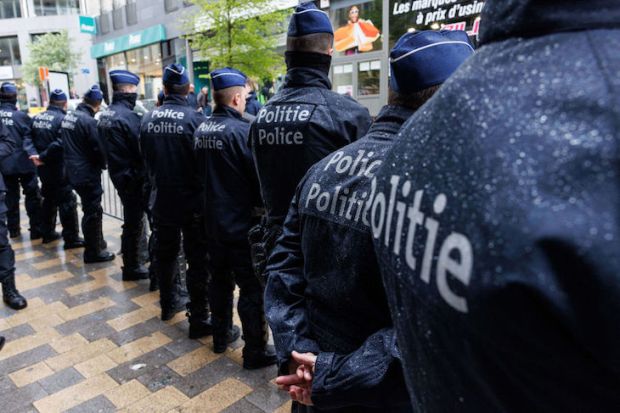

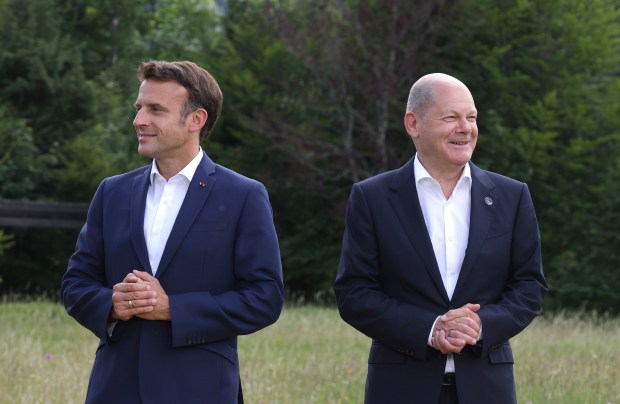
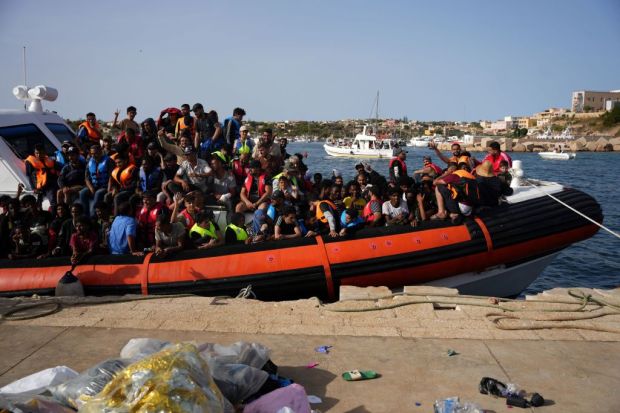












Comments
Don't miss out
Join the conversation with other Spectator Australia readers. Subscribe to leave a comment.
SUBSCRIBEAlready a subscriber? Log in